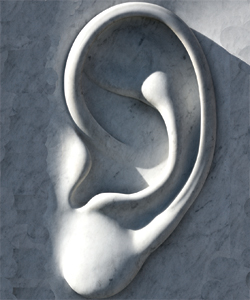
Nov. 11, 2011 – A former fraternity member at the University of Wisconsin-Whitewater, convicted of sexually assaulting a female at a frat house party in 2004, will get a new trial.
Defendant Anthony Prineas, who received 10 years in prison, 10 years of extended supervision, and 30 years of probation for two counts of second-degree sexual assault, did not dispute he had sex with the complainant (unnamed), but claims she consented.
At trial, the Walworth County Circuit Court ruled as inadmissible hearsay certain parts of Prineas’ testimony recounting the female complainant’s statements to him, statements that overtly implied she consented to the sexual encounter as it was happening.
Under Wis. Stat. section 908.01(3), hearsay “is a statement, other than one made by the declarant while testifying at the trial or hearing, offered in evidence to prove the truth of the matter asserted.” Thus, the court excluded testimony offered to prove consent.
That was error, according to the District II Wisconsin Court of Appeals in State v. Prineaus, 2010AP2154 (Nov. 9, 2011), because the alleged remarks were admissible under the “state of mind” exception to the hearsay rule, Wis. Stat. section 908.03.
The court explained that the “state of mind” exception applies when a person’s state of mind is at issue, such as cases asserting or denying consent to sexual activity.
“[The complainant’s] remarks to Prineas, if deemed credible, would bear directly on the issue of consent,” wrote Judge Lisa Neubauer. “The entire case was tried on the issue of consent. One can only speculate as to the impact the erroneously excluded statements would have had …”
In a case of he said/she said, the court explained, “the exclusion of evidence directly contradicting [the complainant’s] claims creates a reasonable probability that the error contributed to Prineas’ conviction and undermines our confidence in the verdicts.”
The appeals court reversed the decision of the circuit court to deny his post-conviction motion for relief and remanded the case for a new trial.
By Joe Forward, Legal Writer, State Bar of Wisconsin
